The Smoky, Sweet Magic of Paprika Taste: A Flavorful Journey for Every Spice Lover
Table of Contents
Introduction to Paprika Taste
Paprika is one of the most versatile and beloved spices in the world. Its flavor profile ranges from sweet and smoky to spicy and earthy, making it a staple in kitchens across cultures. Whether you're cooking up a Spanish paella, a Hungarian goulash, or a Mexican chili, paprika adds that signature depth and color that can elevate any dish.

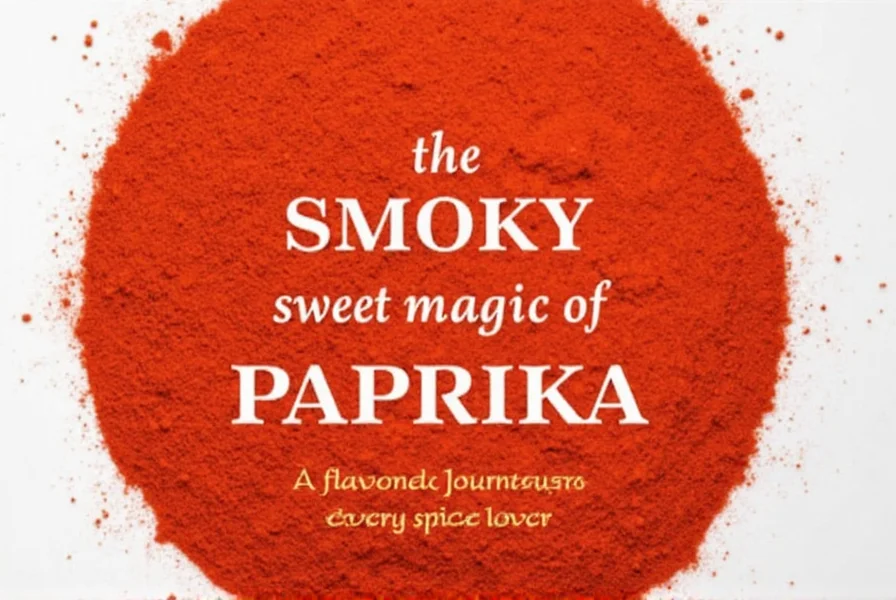
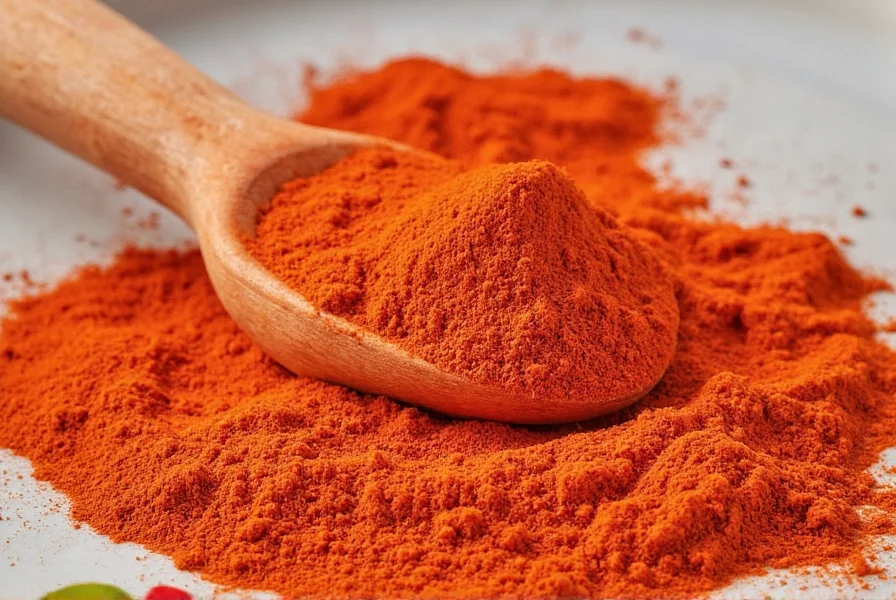
But what exactly does paprika taste like? Is it just a red powder with a little heat? Or is there more to this colorful spice than meets the eye? In this article, we’ll dive into the flavor of paprika, explore its different types, and give you practical tips on how to use it like a pro. Plus, we’ll share a detailed buying guide so you can find the perfect paprika for your kitchen.
Types of Paprika and Their Flavors
Paprika comes in several varieties, each with its own unique flavor and use case. Here’s a quick breakdown:
| Type of Paprika | Taste Profile | Best Used For |
|---|---|---|
| Sweet Paprika | Earthy, slightly sweet, and mild | Paella, roasted vegetables, and creamy sauces |
| Smoked Paprika (Pimentón) | Smoky, rich, and slightly sweet | Spanish chorizo, grilled meats, and stews |
| Hot Paprika | Spicy, with a hint of sweetness | Mexican salsas, chili, and spicy rubs |
| Spanish Paprika (Pimentón de la Vera) | Deeply smoky and complex | Traditional Spanish dishes, such as chorizo and patatas bravas |
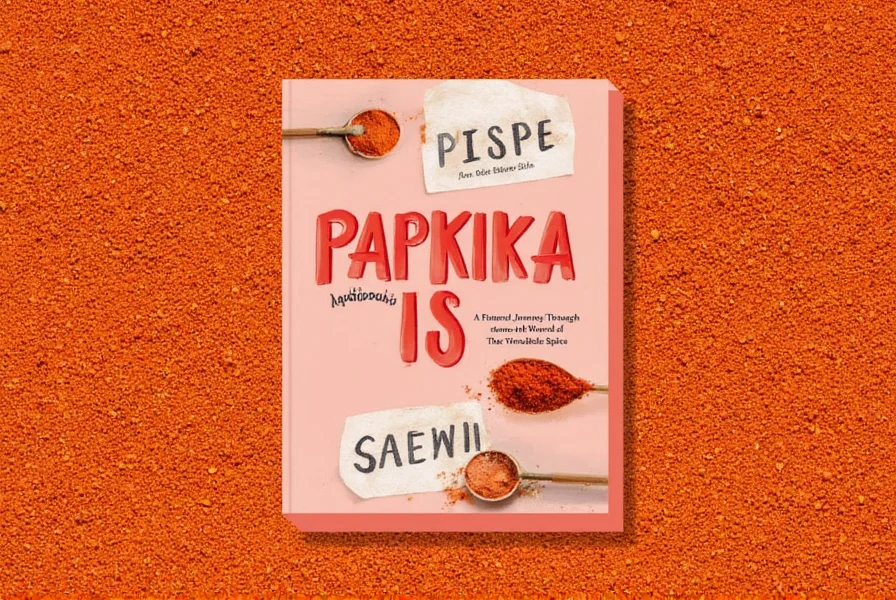
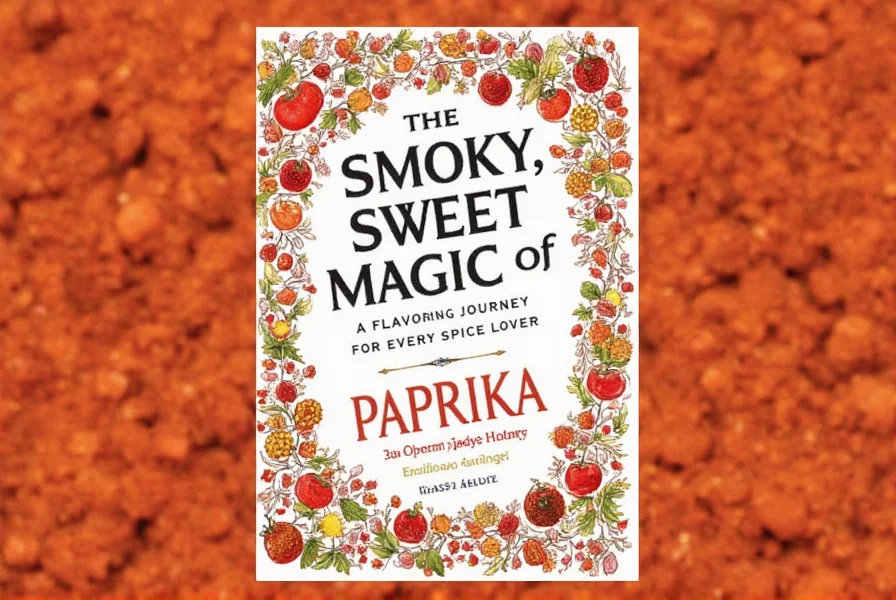

As you can see, the taste of paprika varies depending on the variety. The key takeaway is that paprika is not just a simple red spice—it’s a flavor enhancer that can bring out the best in your dishes.
How to Use Paprika in Cooking
Now that you know a bit about the taste of paprika, let’s talk about how to use it in your cooking. Here are some practical tips to get the most out of this spice:
- Start with a small amount: Paprika has a strong flavor, so it's best to add it gradually and adjust to taste.
- Use it in sauces and marinades: Paprika pairs well with dairy-based sauces, like béchamel or cream of mushroom, and can also be used in meat marinades for extra depth.
- Enhance roasted vegetables: Sprinkle paprika over roasted potatoes, carrots, or bell peppers for a burst of flavor and color.
- Add it to soups and stews: A pinch of paprika can give your soup or stew that authentic, comforting flavor.
- Make your own paprika blend: Mix sweet and smoked paprika for a balanced flavor, or add a dash of cumin for an extra kick.
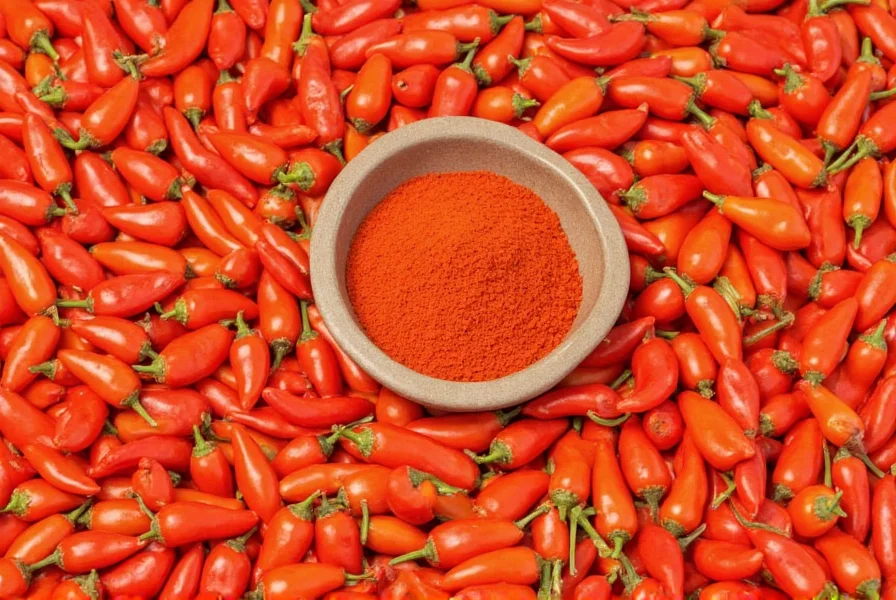
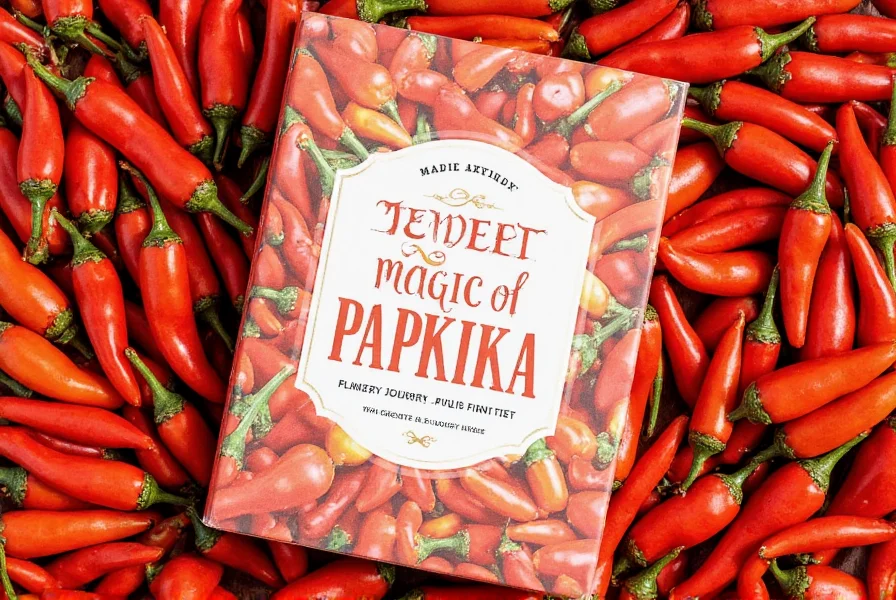
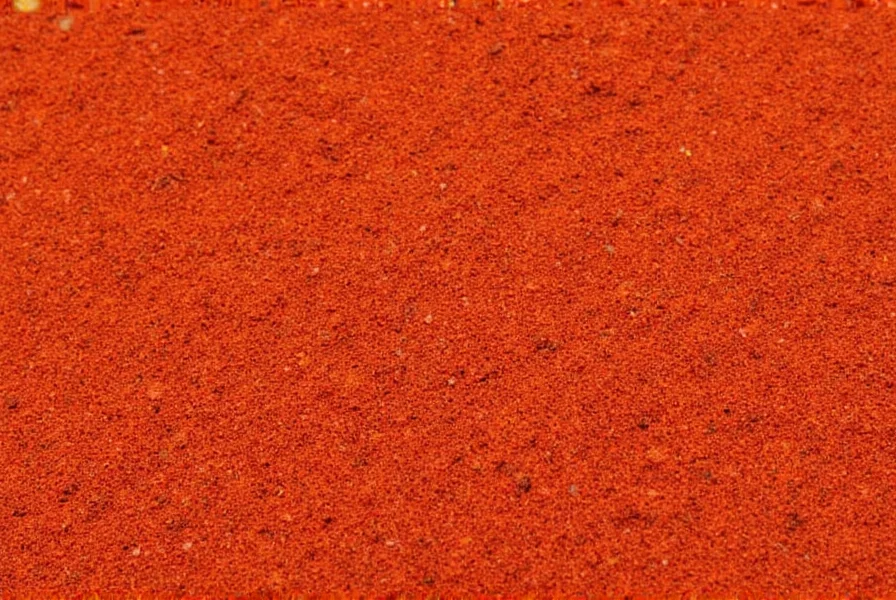
One of the most common questions I hear is, “What does paprika taste like?” And the answer is: it depends. But when you start experimenting, you'll discover that paprika can transform a dish in ways you never expected. It’s a flavor that lingers on the palate, leaving a warm, slightly sweet aftertaste that complements both savory and sweet dishes.
Buying Guide for the Best Paprika
Choosing the right paprika can make all the difference in your cooking. Here’s a detailed buying guide to help you find the best paprika for your needs:
Features to Look For
- Origin: Spanish paprika (especially Pimentón de la Vera) is known for its smoky depth, while Hungarian paprika tends to be sweeter and milder.
- Quality: Look for fresh, vibrant red powder without any additives or fillers.
- Flavor Profile: Choose based on your preferred taste—sweet, smoky, or spicy.
- Package Type: Ground paprika is more convenient, but whole paprika pods can be crushed at home for a fresher taste.
Top Products and Their Uses
- Spanish Smoked Paprika (Pimentón de la Vera)
- Features: Deeply smoky, rich in flavor, and great for grilling and smoking.
- Advantages: Adds a luxurious touch to dishes and enhances the aroma of grilled meats.
- Use Cases: Perfect for chorizo, paella, and grilled vegetables.
- Target Audience: Professional chefs and serious home cooks who love bold flavors.
- Suitable Occasions: BBQs, dinner parties, and festive meals.
- Hungarian Sweet Paprika
- Features: Mild, slightly sweet, and aromatic.
- Advantages: Versatile and easy to use in everyday cooking.
- Use Cases: Ideal for soups, stews, and creamy sauces.
- Target Audience: Home cooks who want to experiment with new flavors.
- Suitable Occasions: Family dinners, potlucks, and casual gatherings.
- Hot Paprika
- Features: Spicy, with a hint of sweetness and a deep red color.
- Advantages: Adds heat and complexity to dishes.
- Use Cases: Great for chili, salsa, and spicy rubs.
- Target Audience: Spicy food lovers and adventurous cooks.
- Suitable Occasions: Weeknight dinners, game nights, and taco Tuesdays.
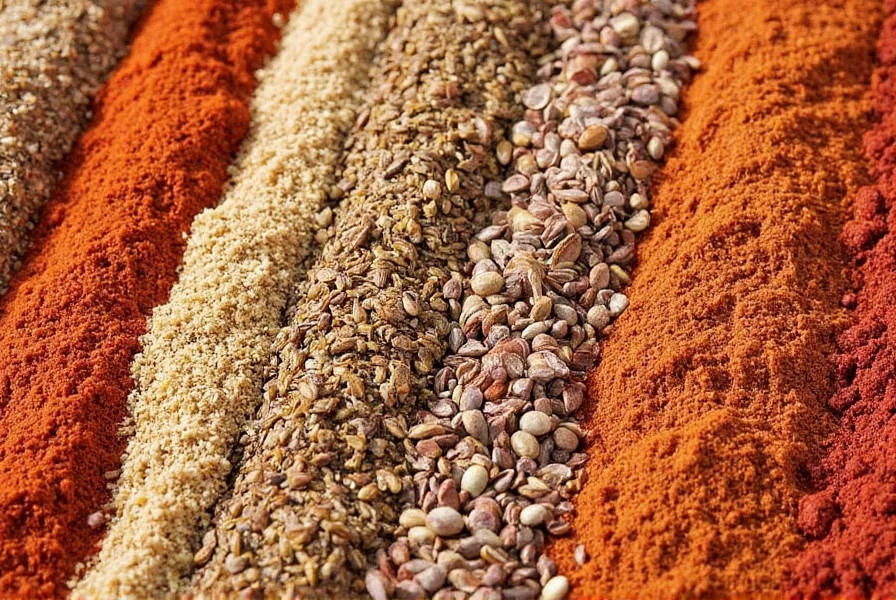
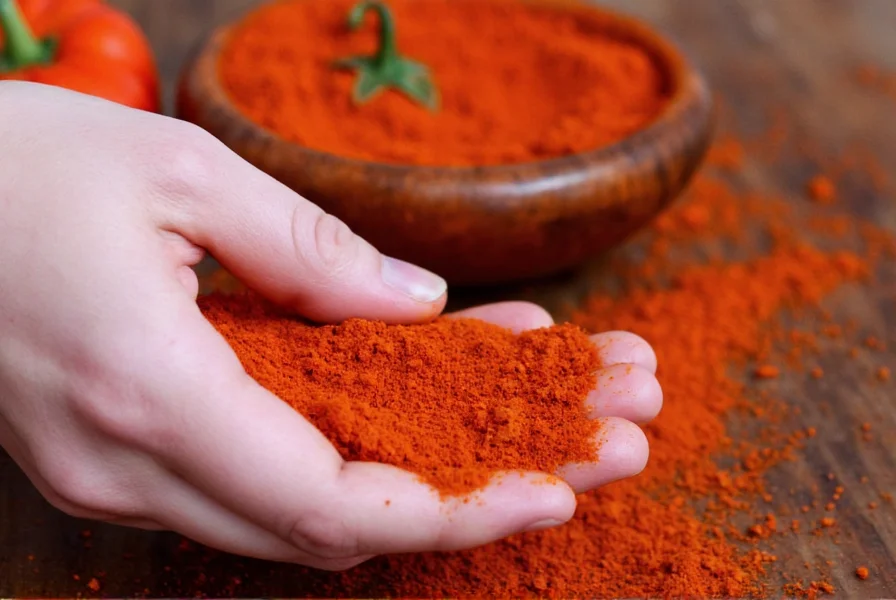
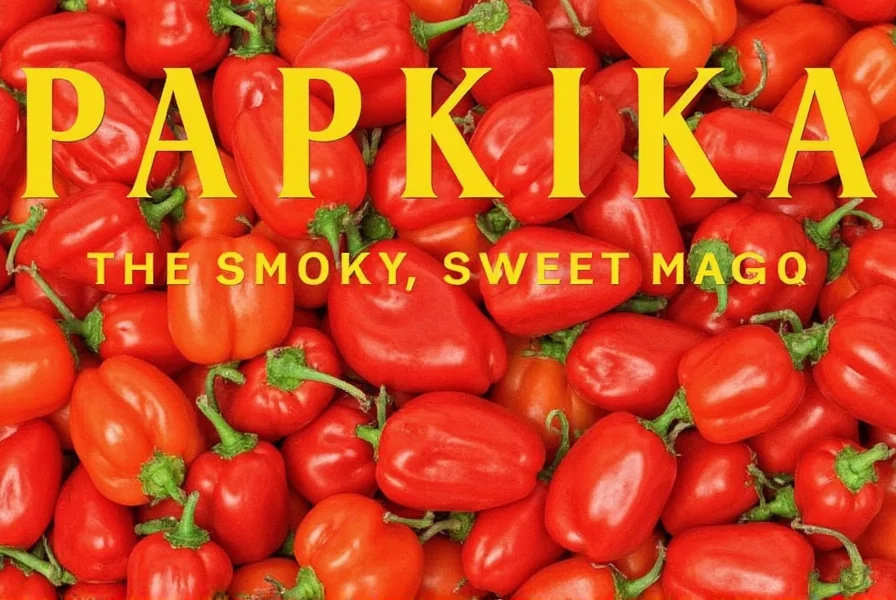
When choosing paprika, remember that the taste of paprika is influenced by where it’s grown and how it’s processed. Always look for high-quality products that reflect the true essence of this incredible spice.
Conclusion
In conclusion, the taste of paprika is a beautiful blend of smokiness, sweetness, and depth. Whether you're using it to enhance a simple dish or create a gourmet meal, paprika brings something special to the table. With the right type and proper usage, it can become one of your favorite spices in no time.
So next time you reach for a jar of paprika, take a moment to appreciate the complexity of its flavor. You might just find yourself falling in love with the taste of paprika—and all the wonderful dishes it can inspire.
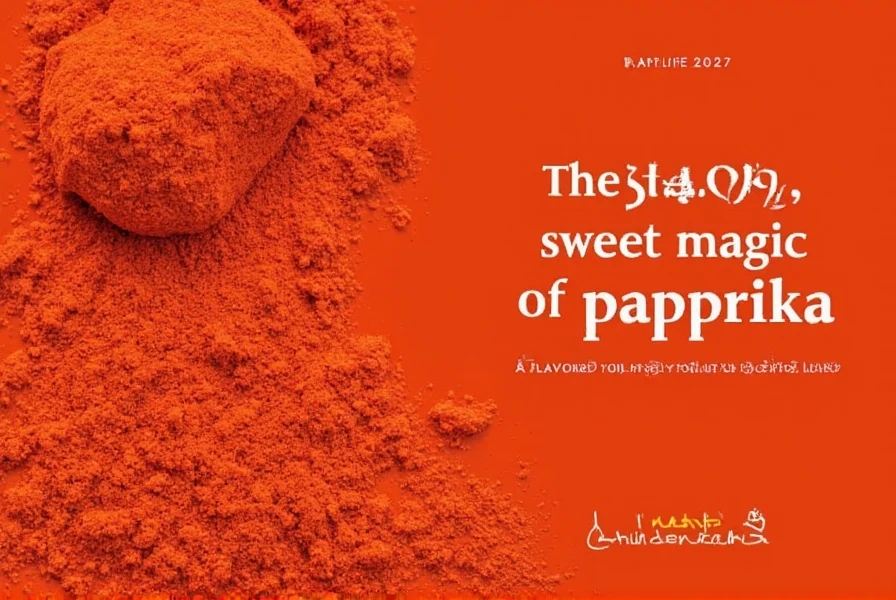
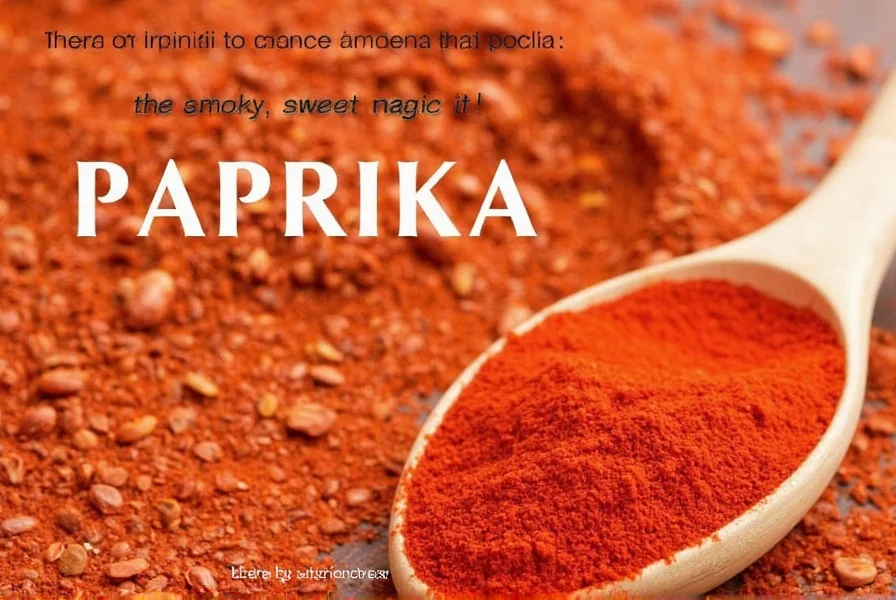
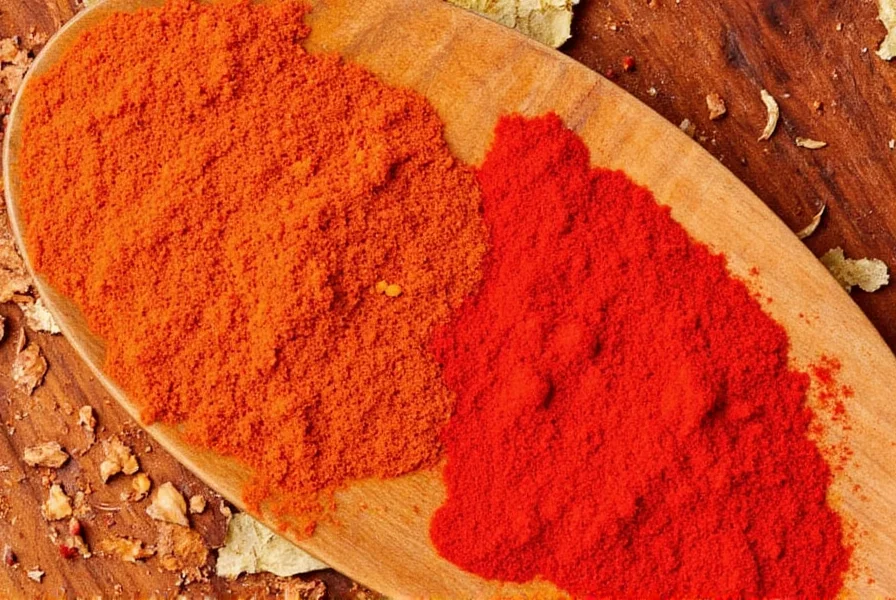

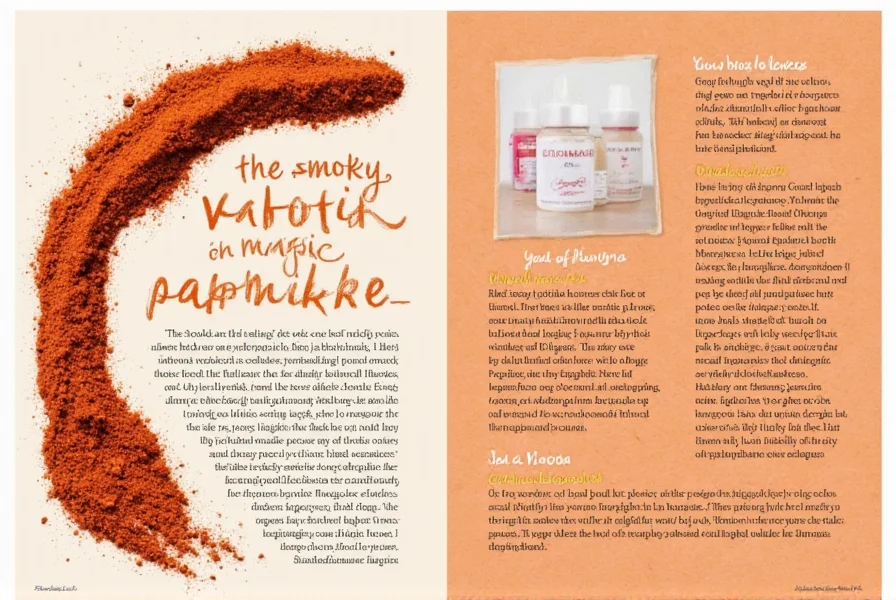









 浙公网安备
33010002000092号
浙公网安备
33010002000092号 浙B2-20120091-4
浙B2-20120091-4